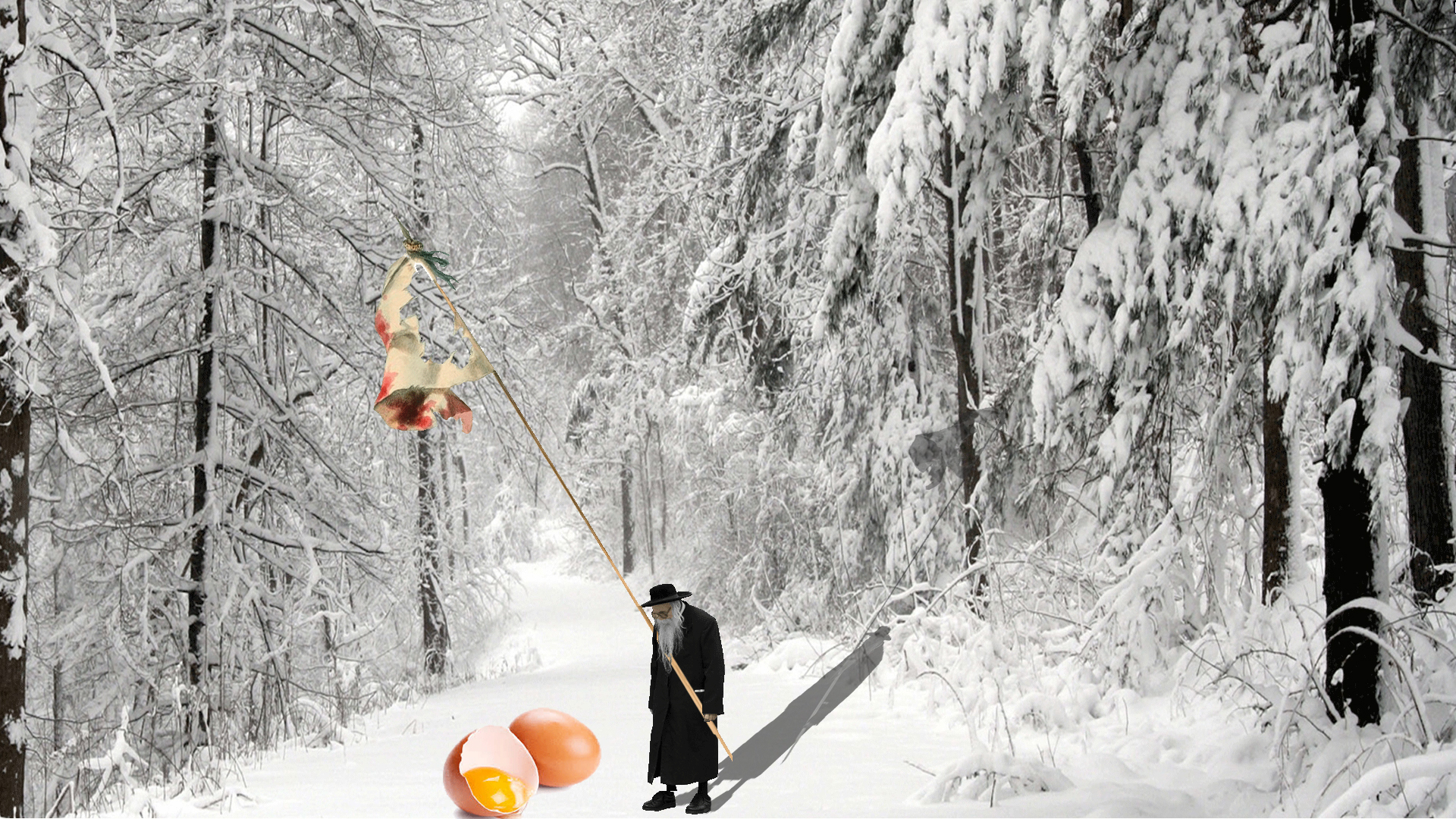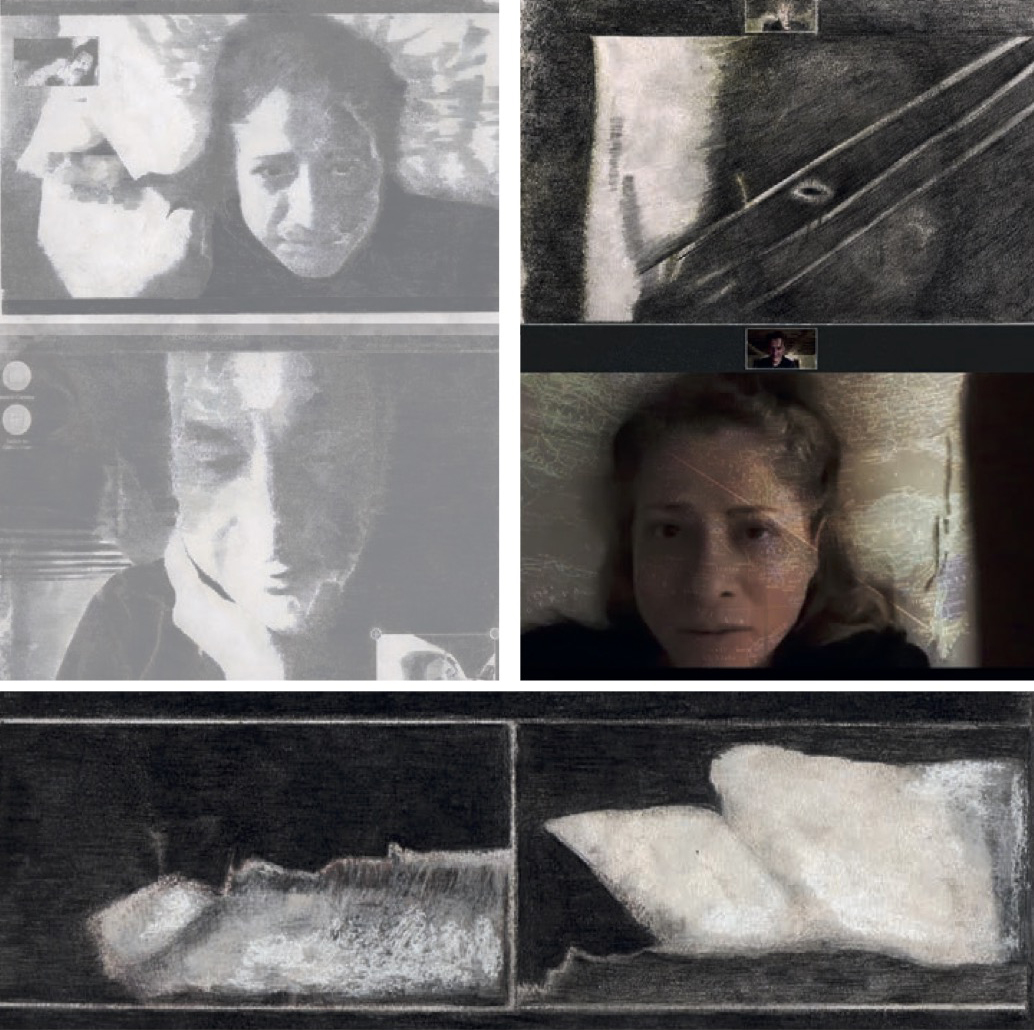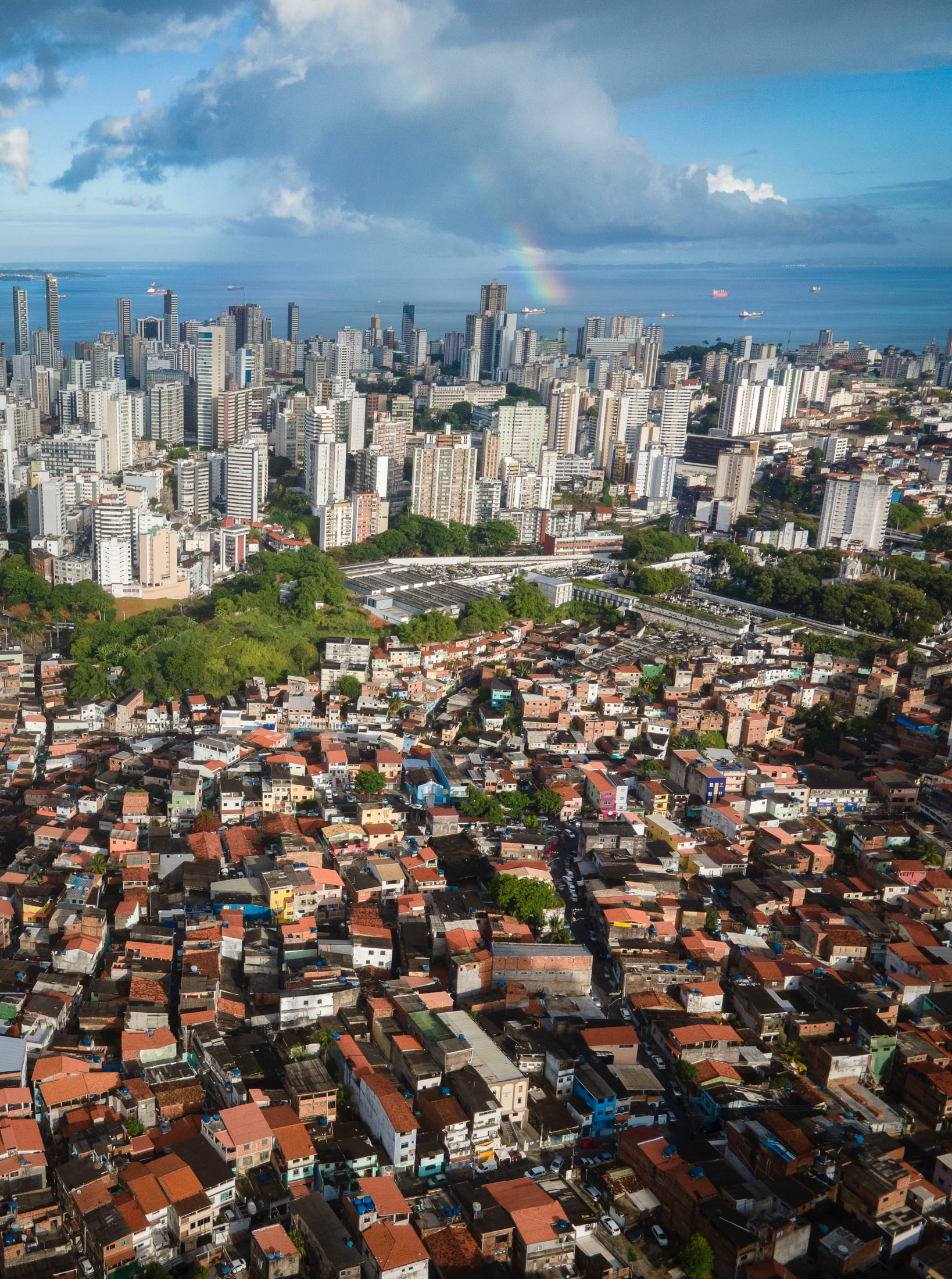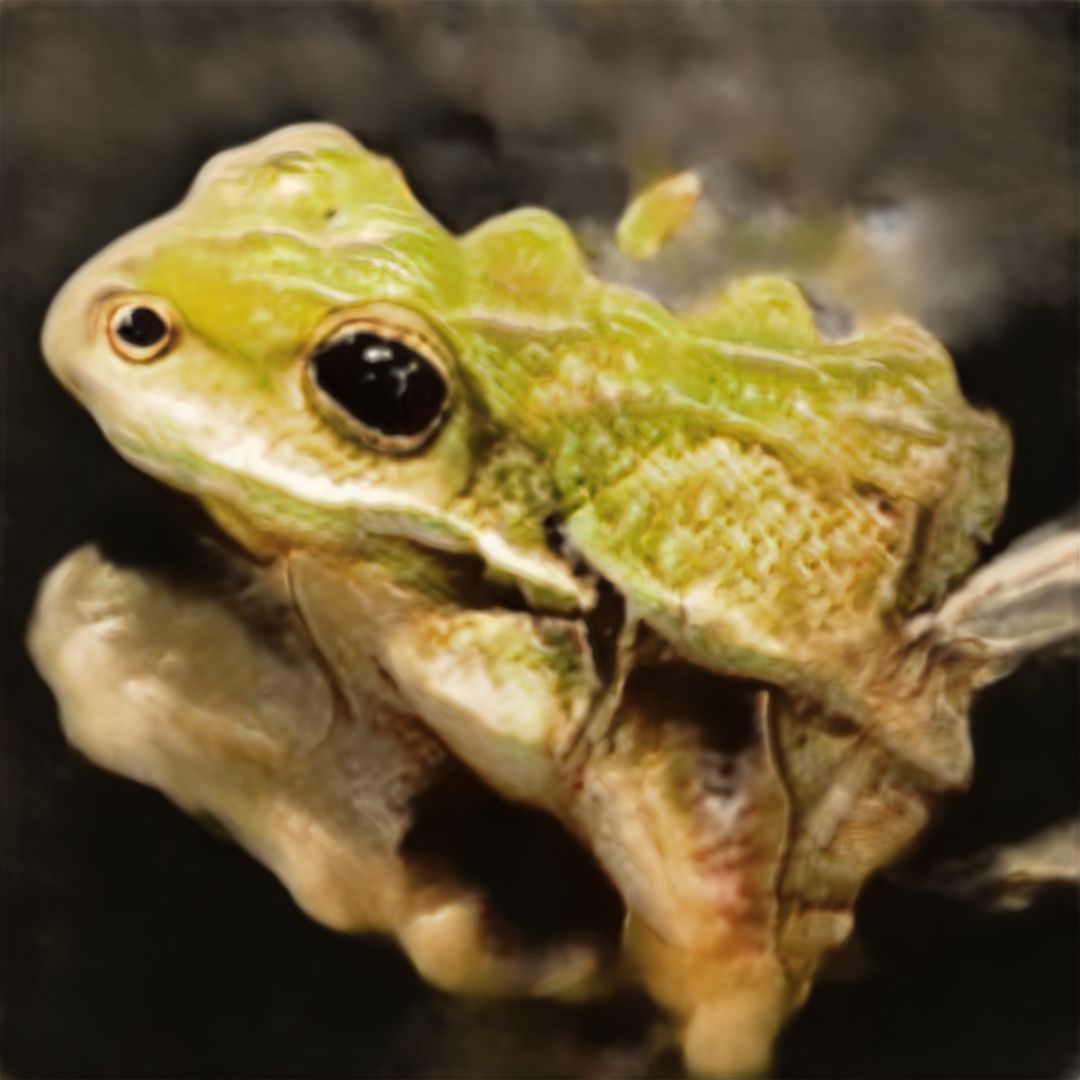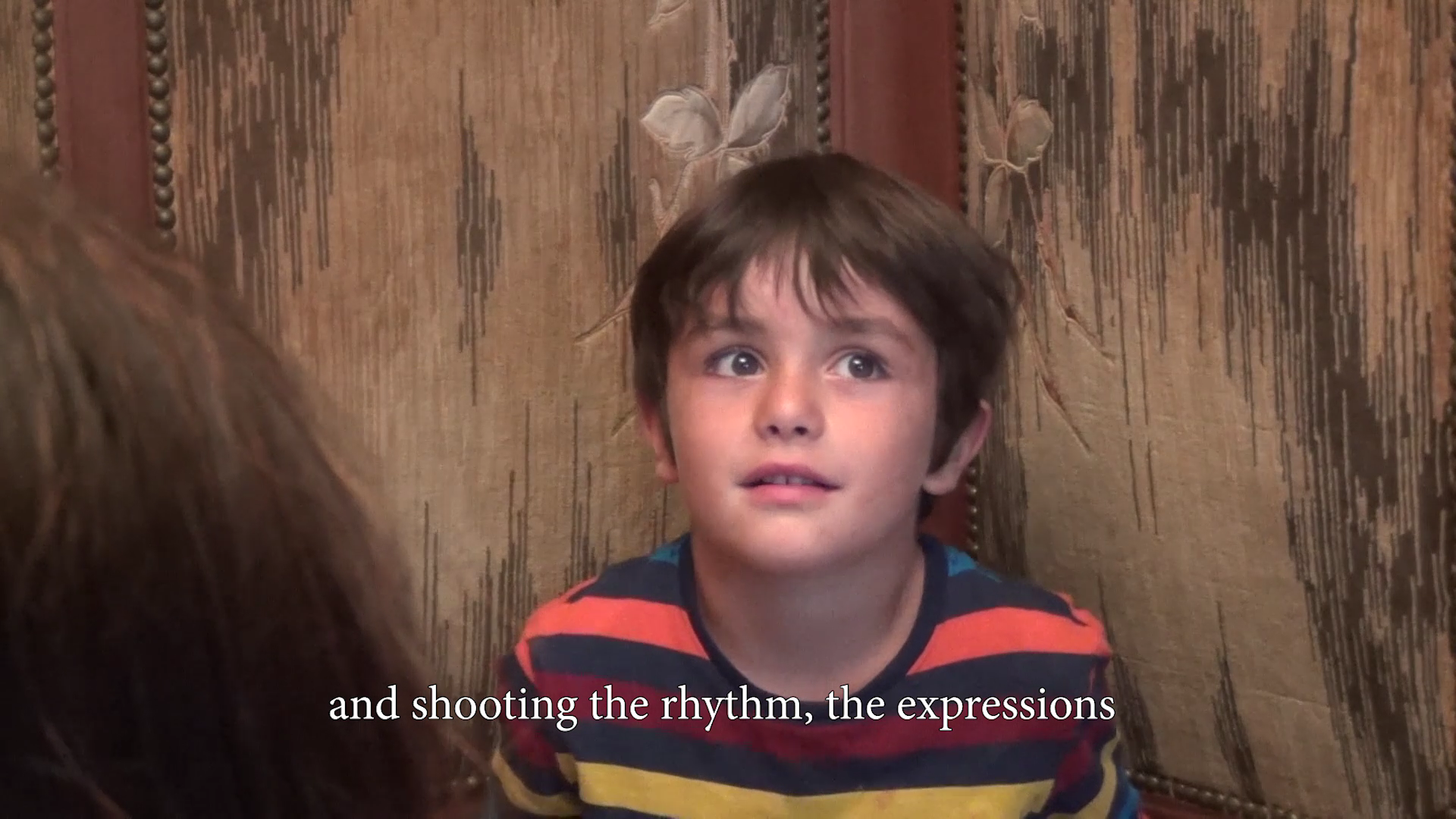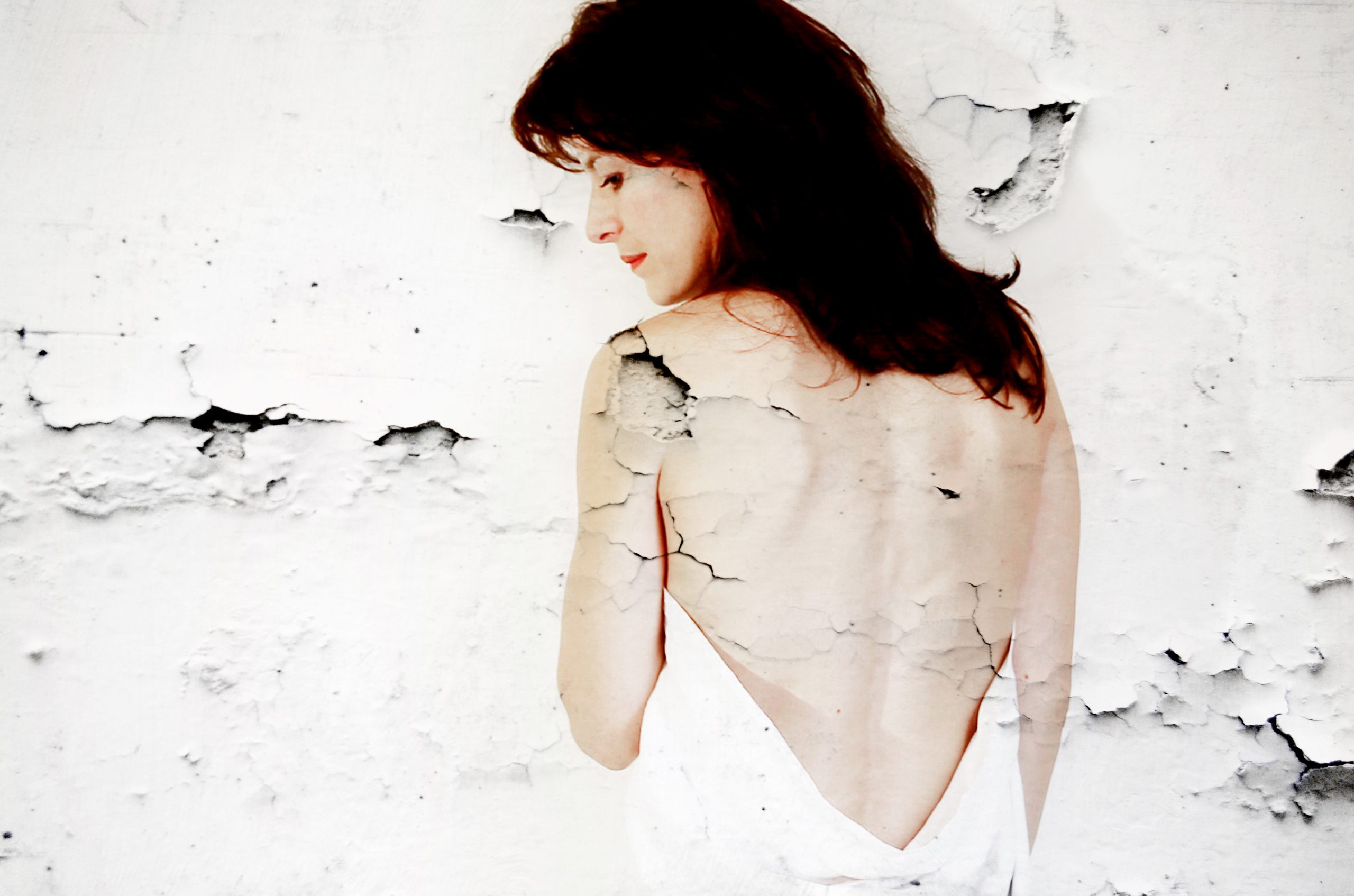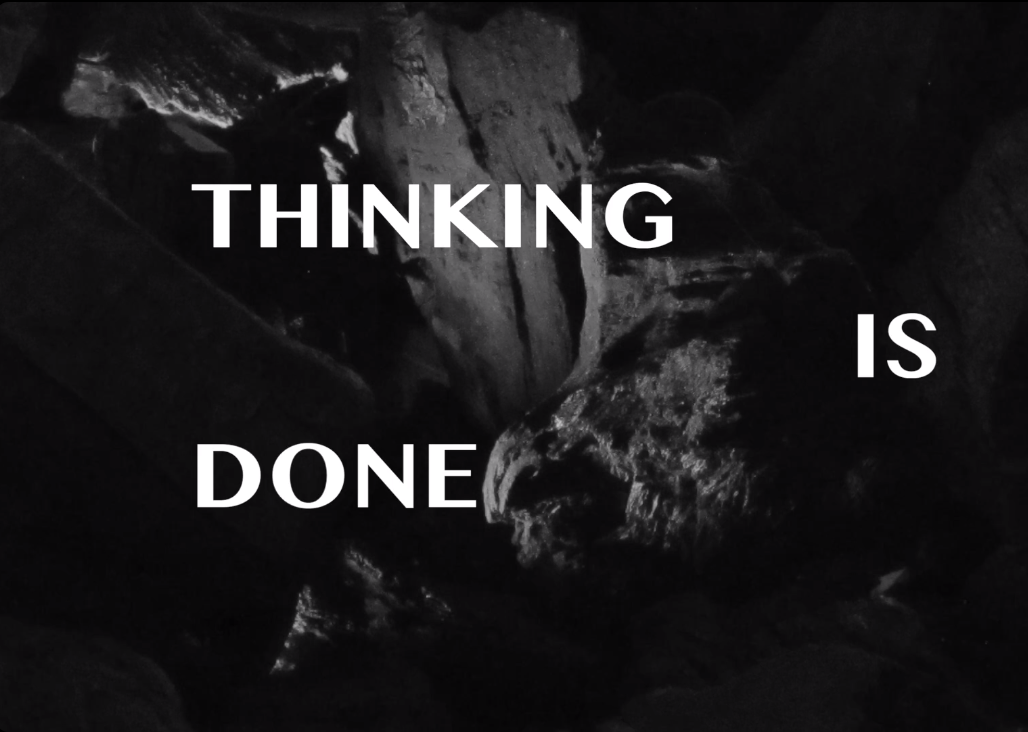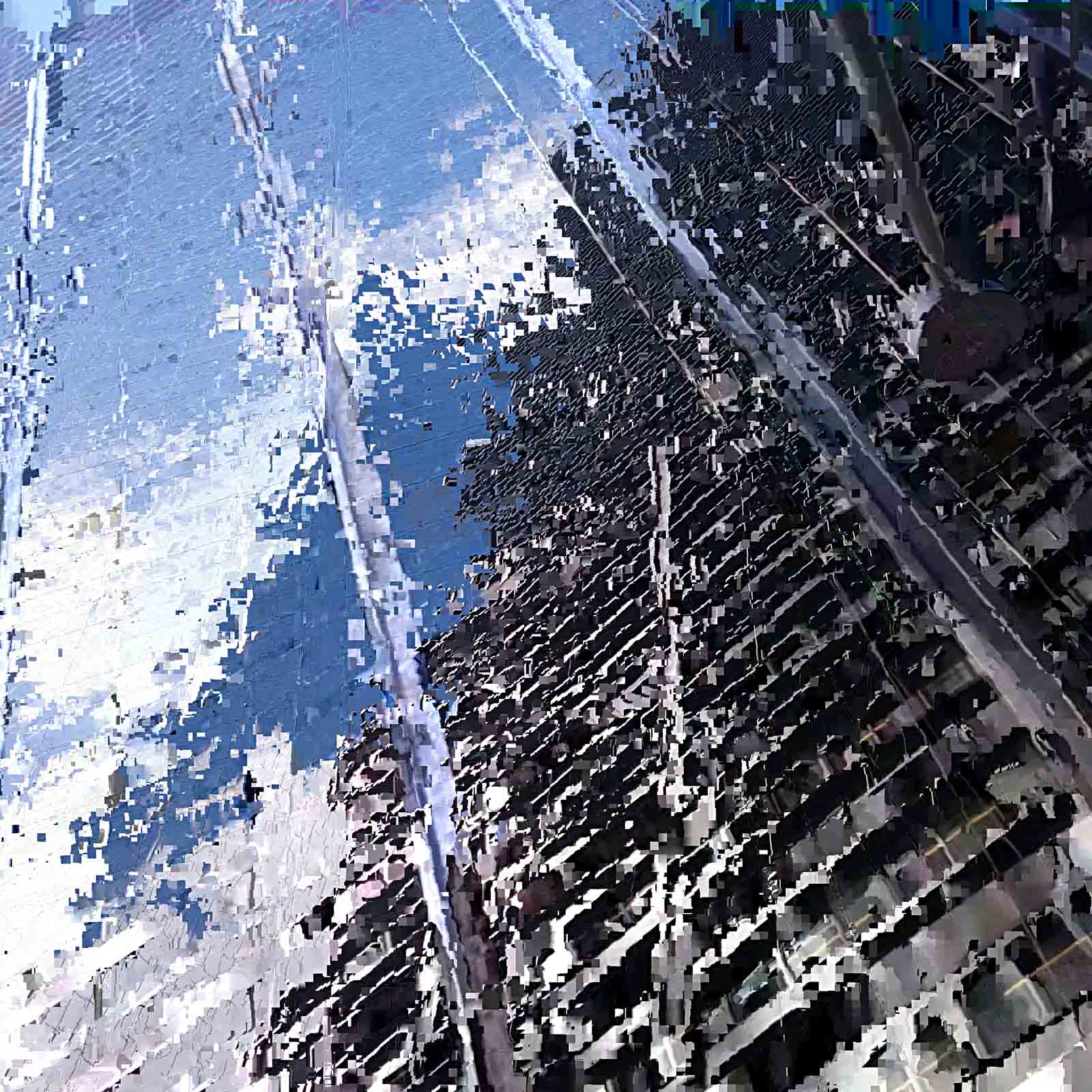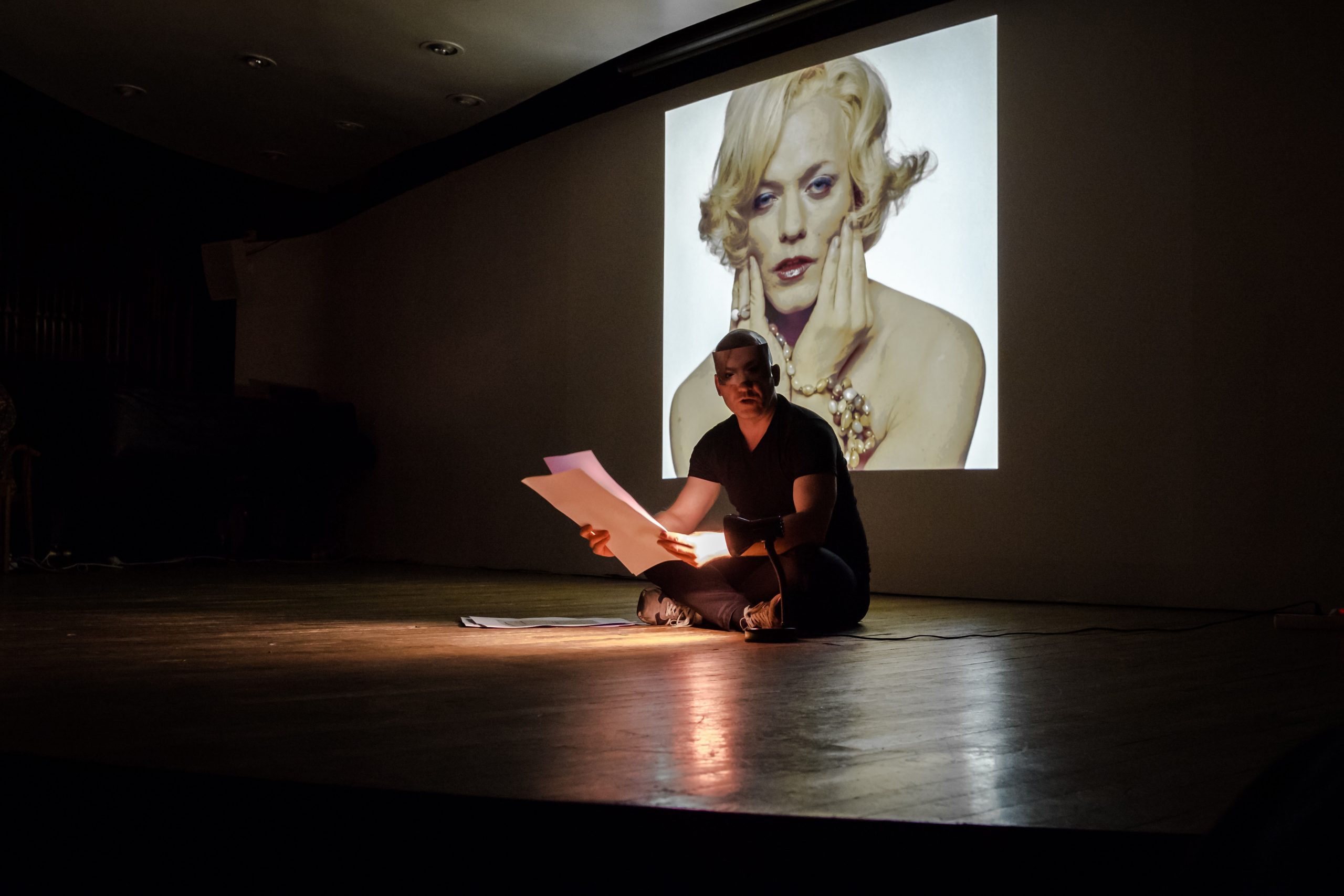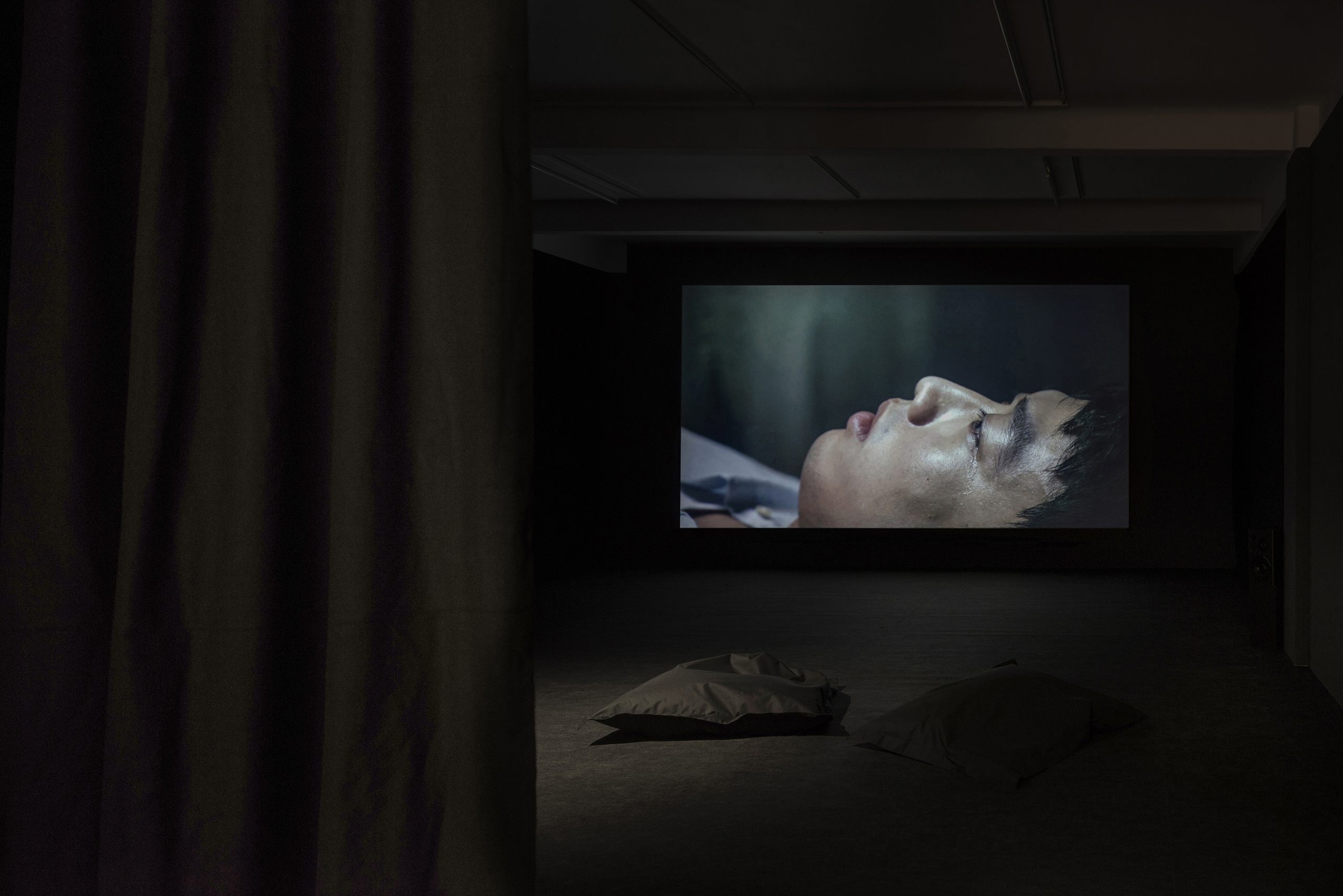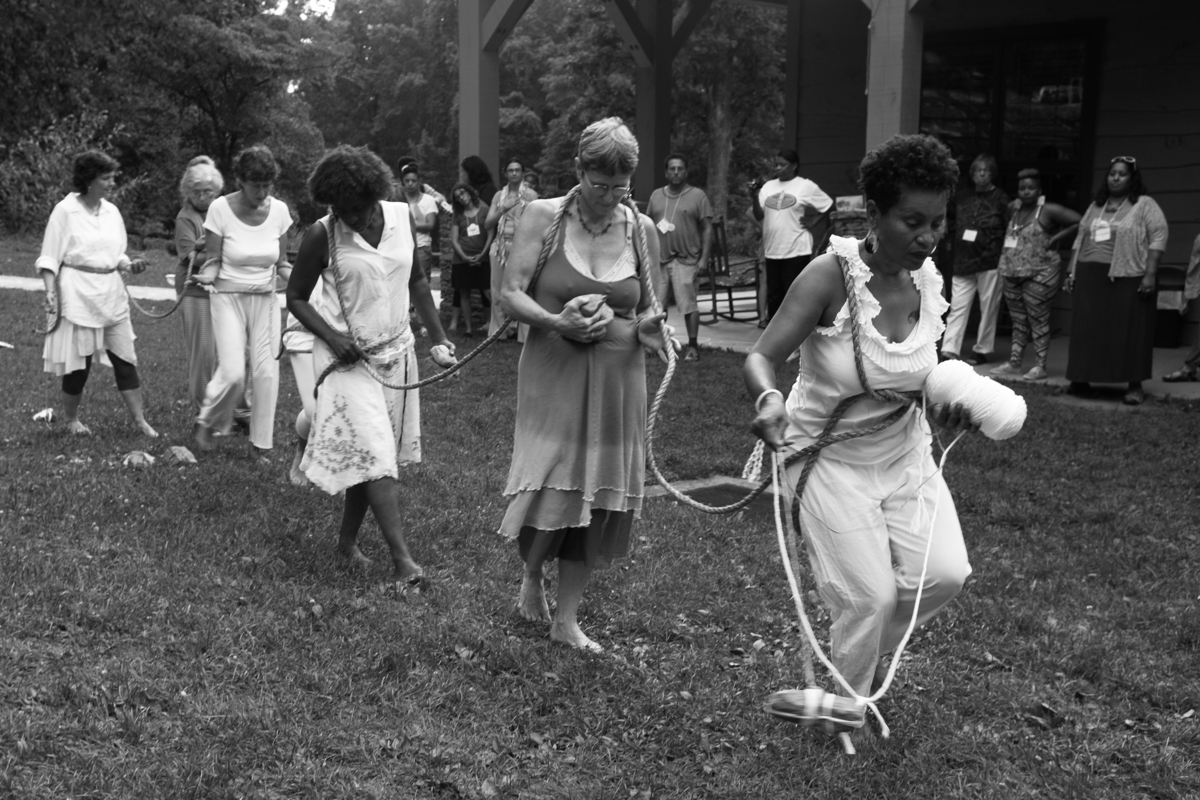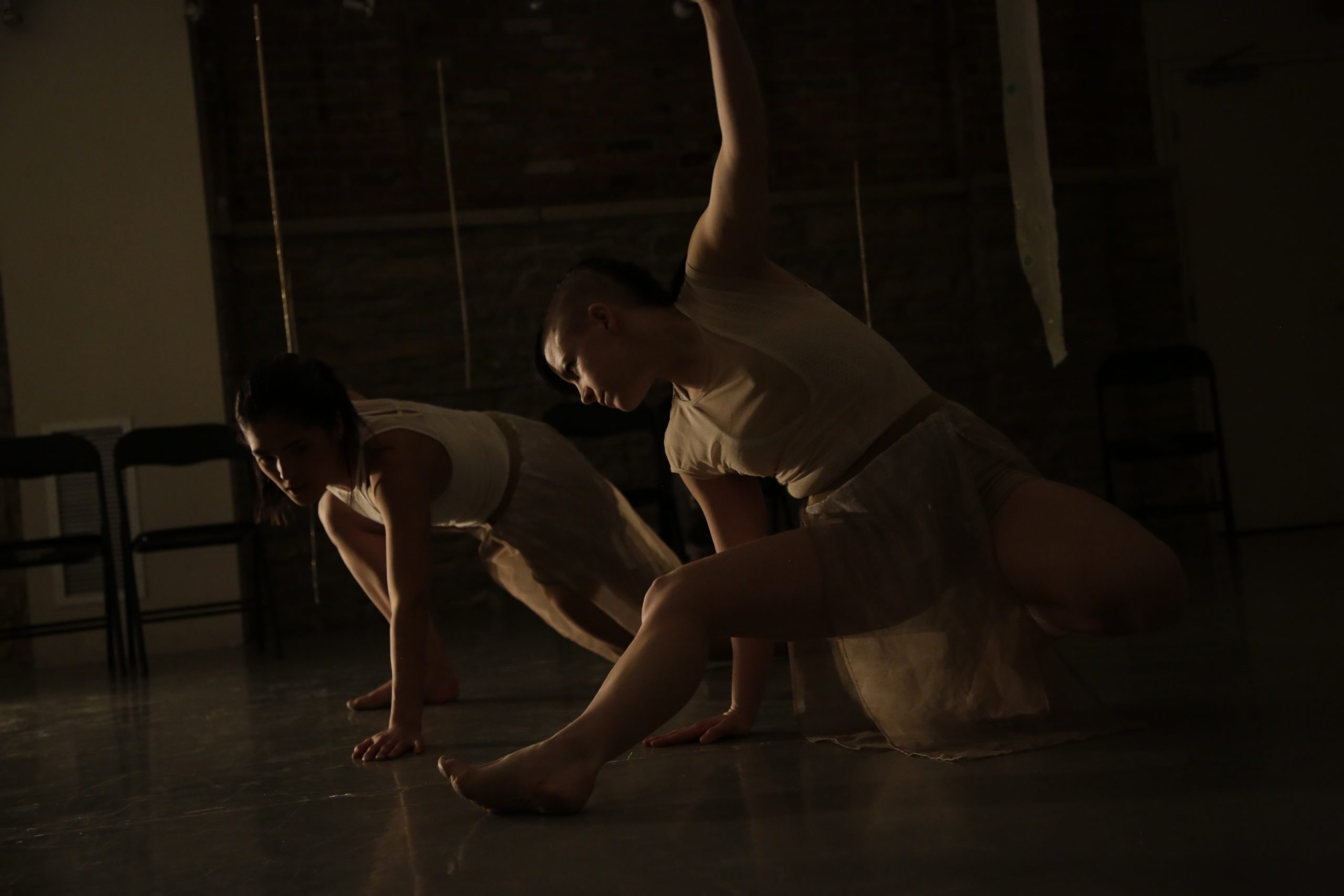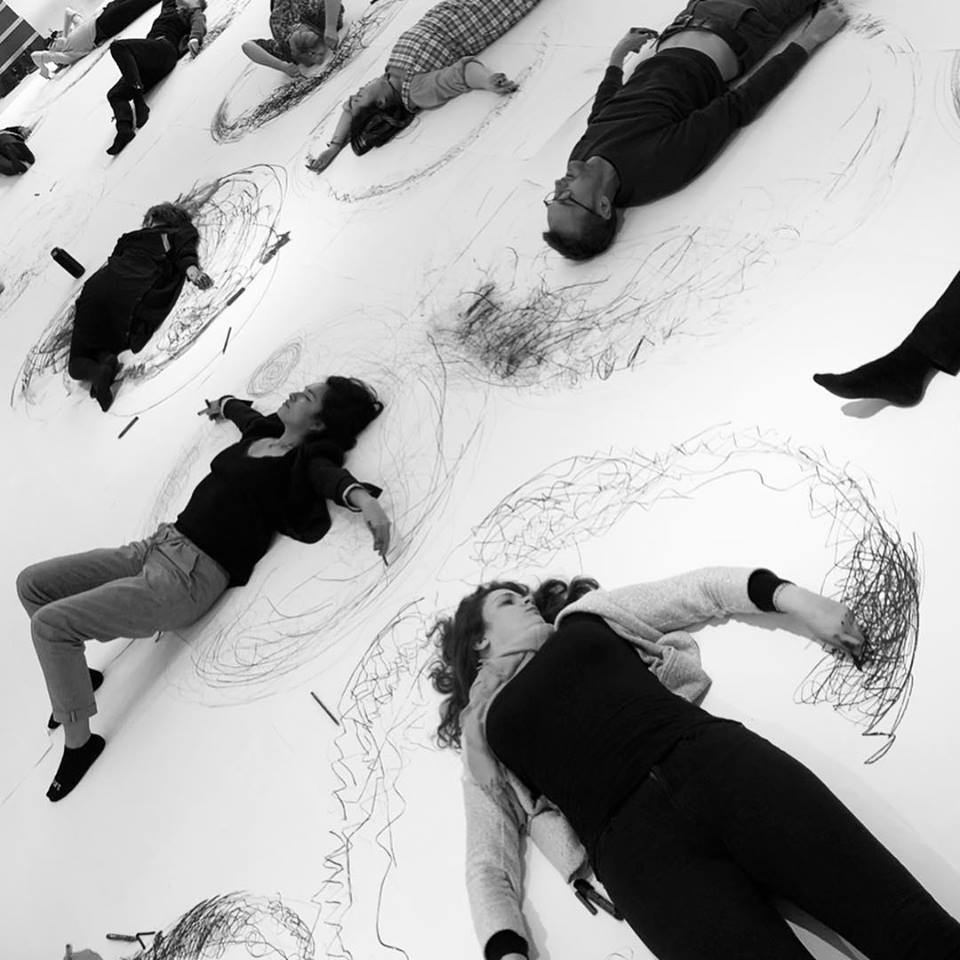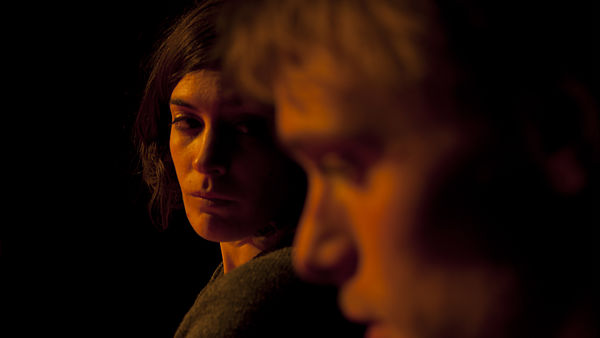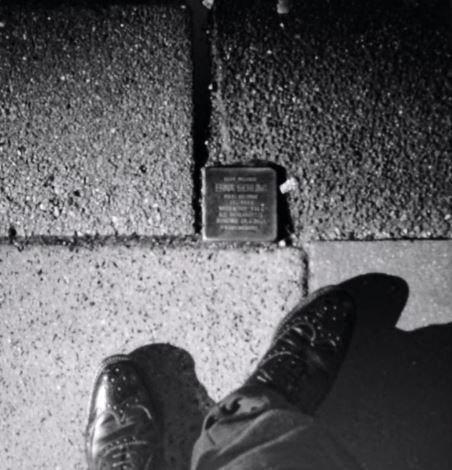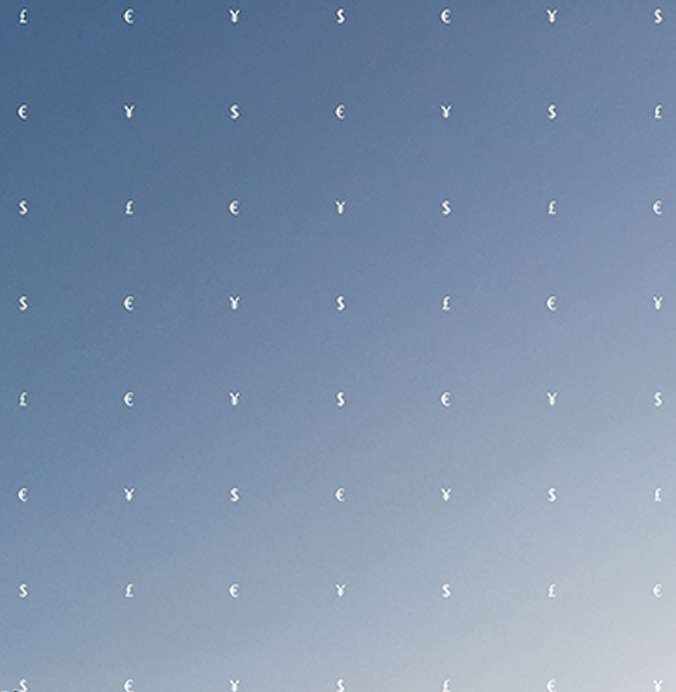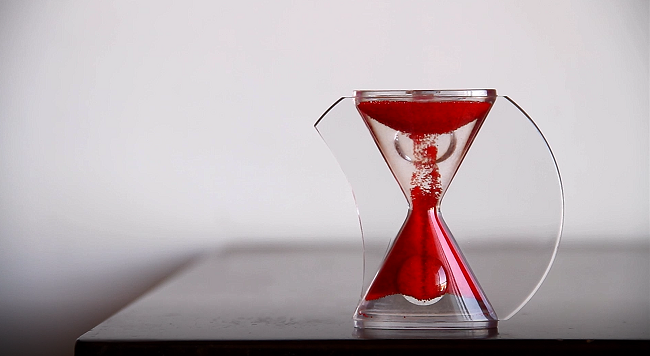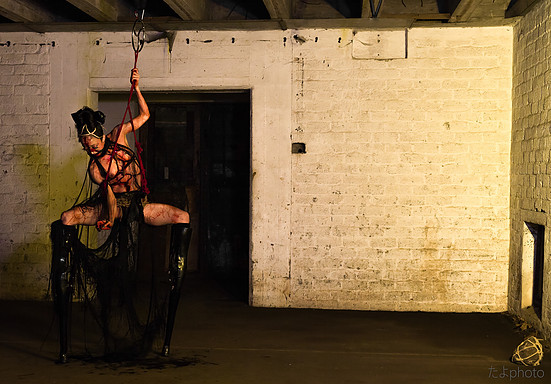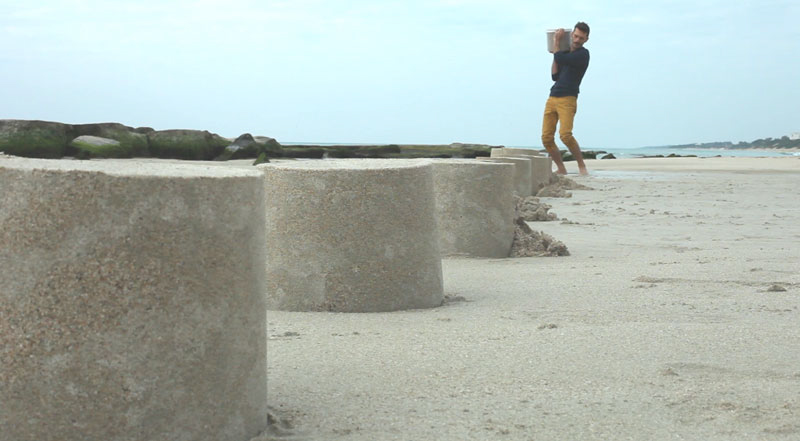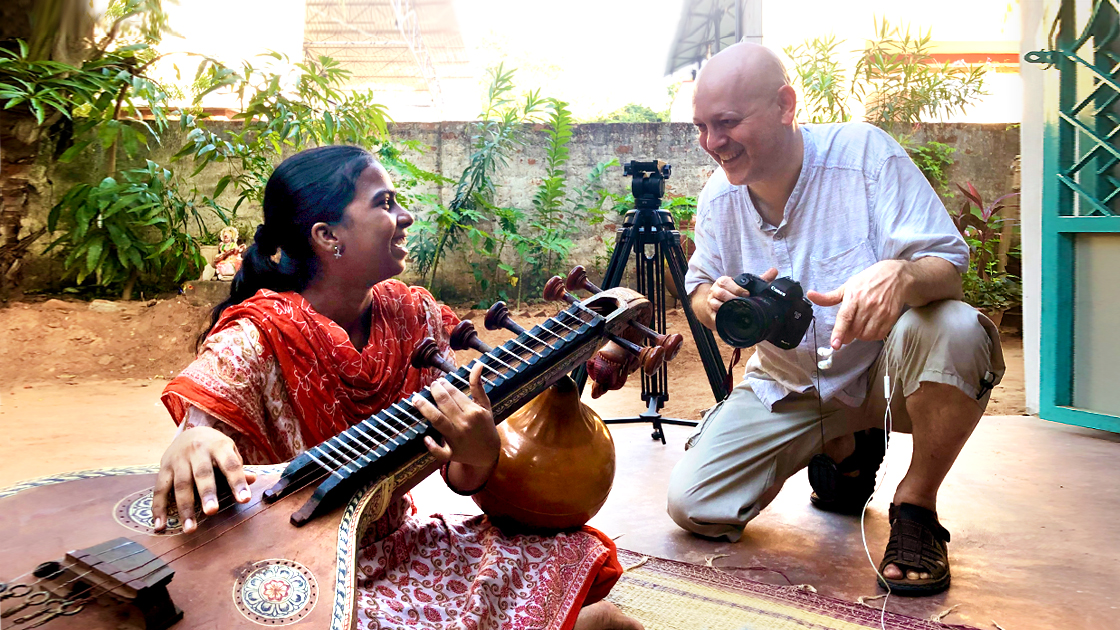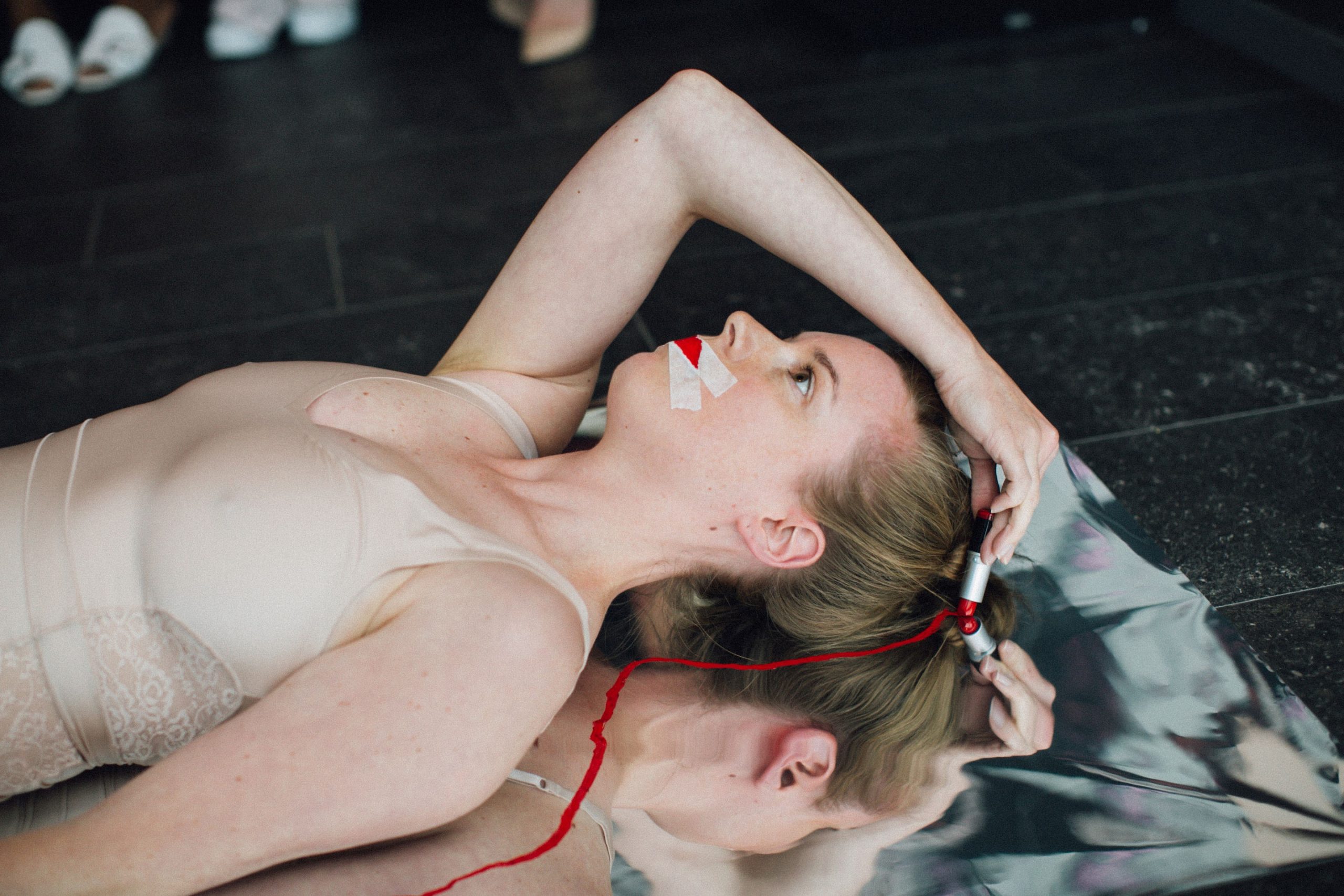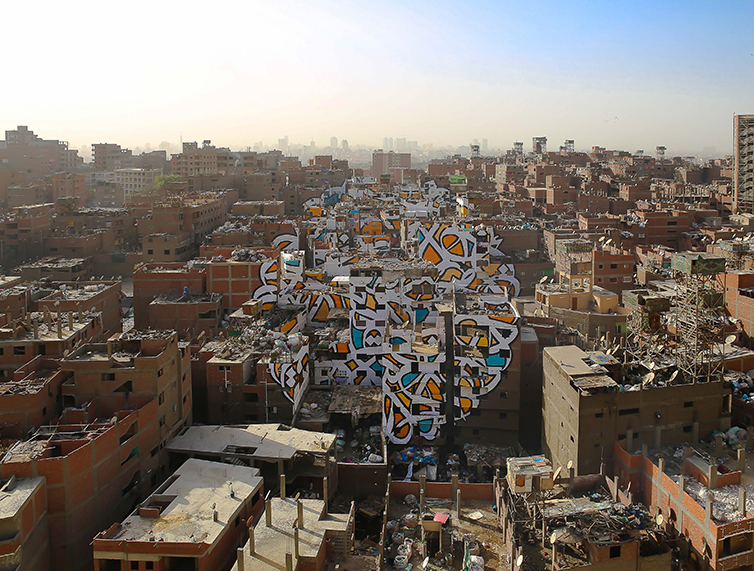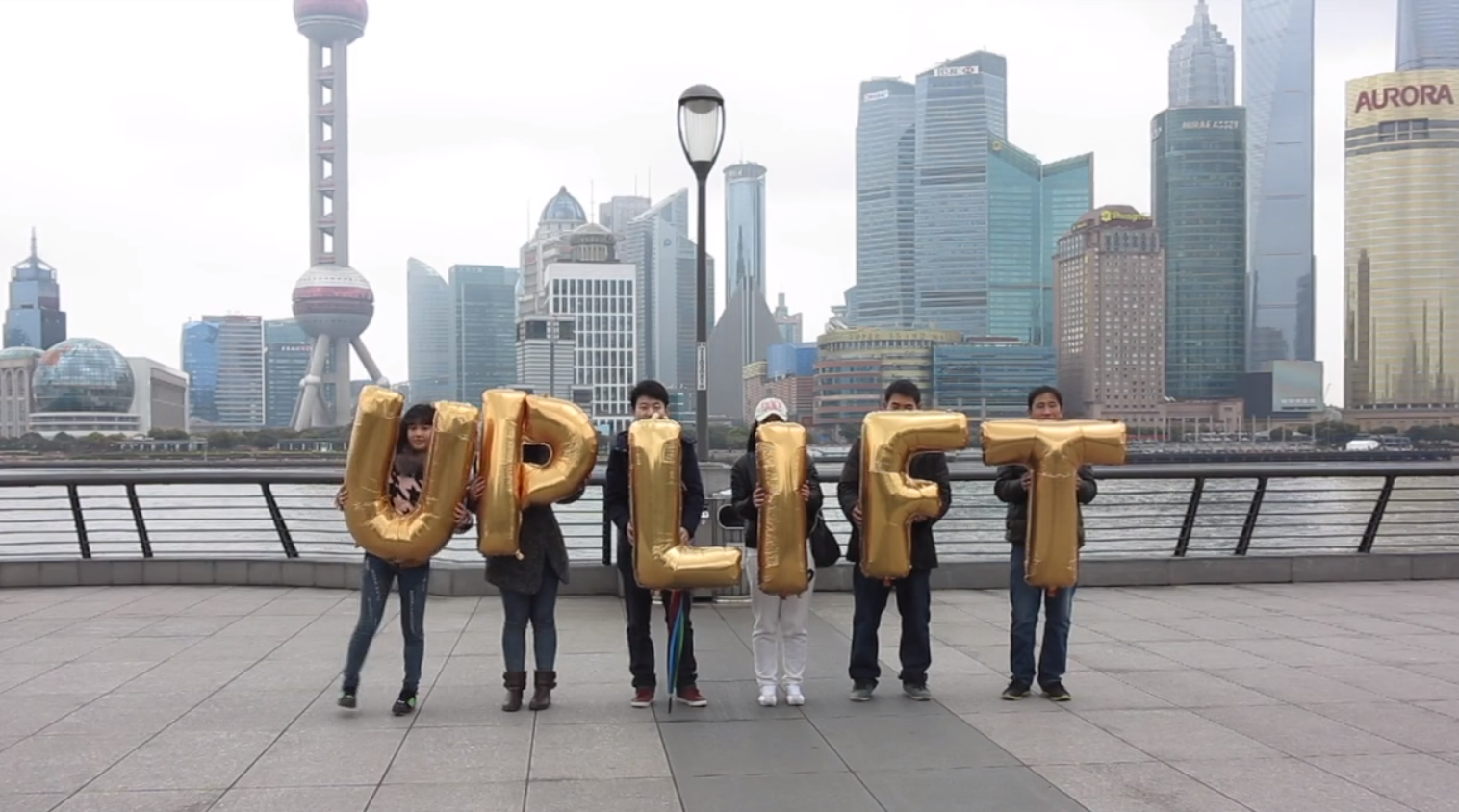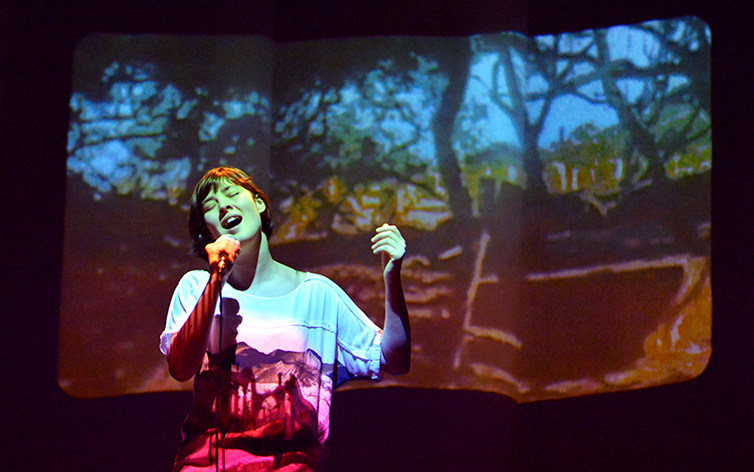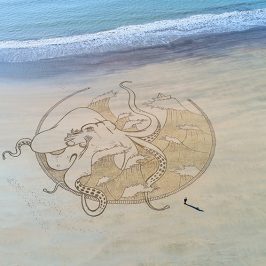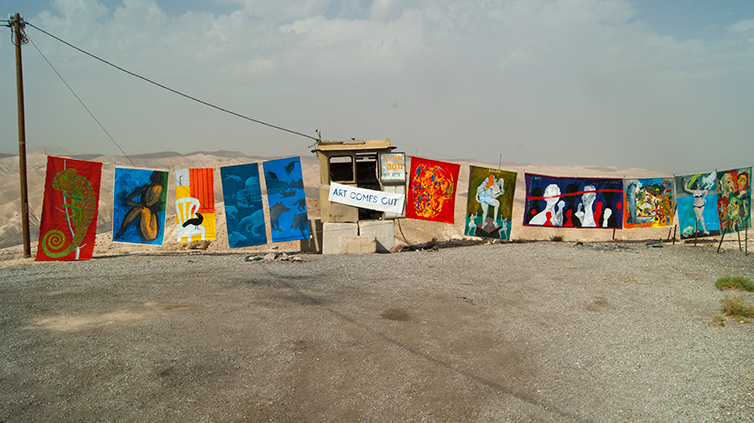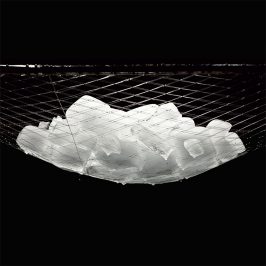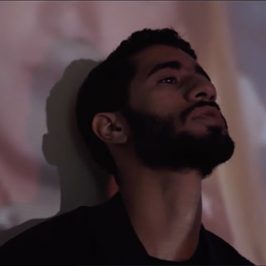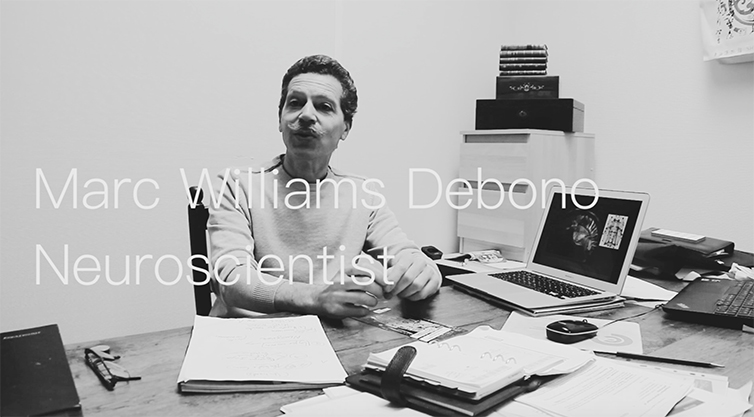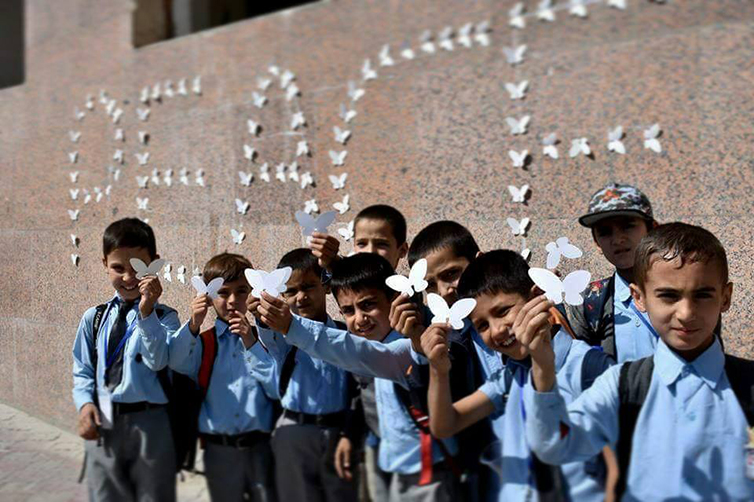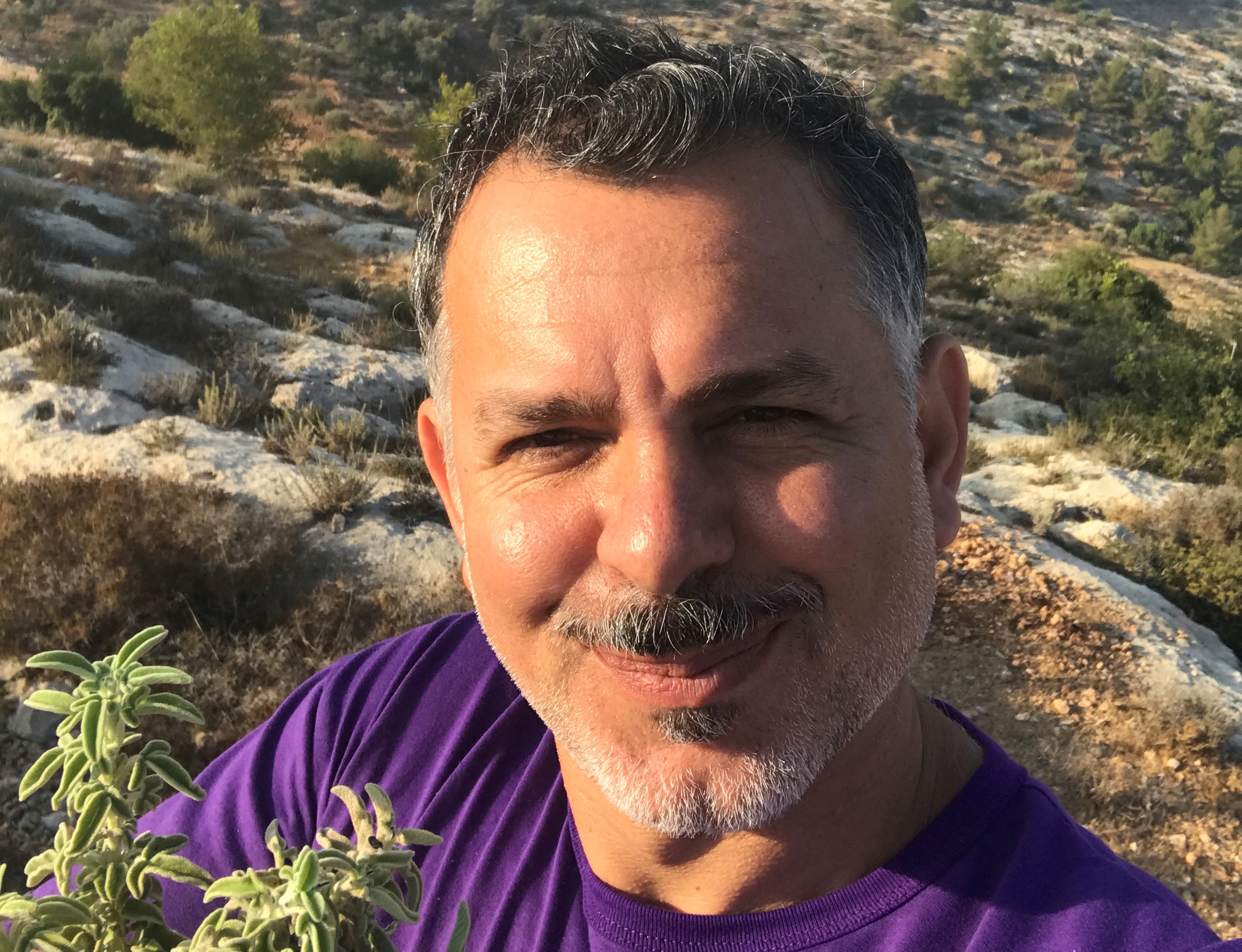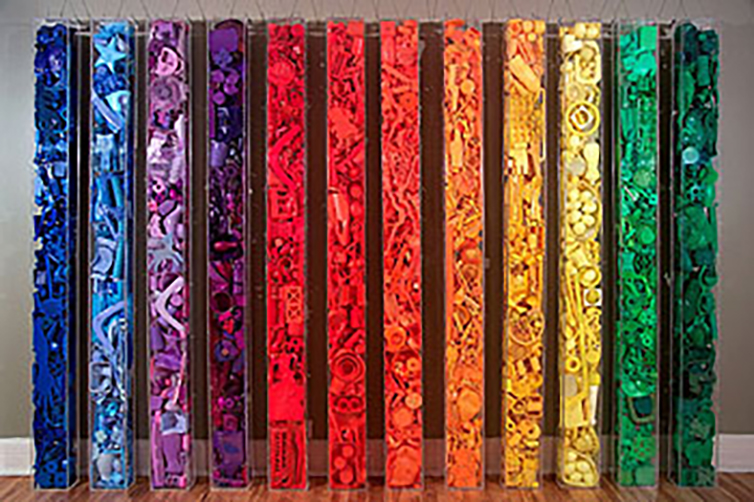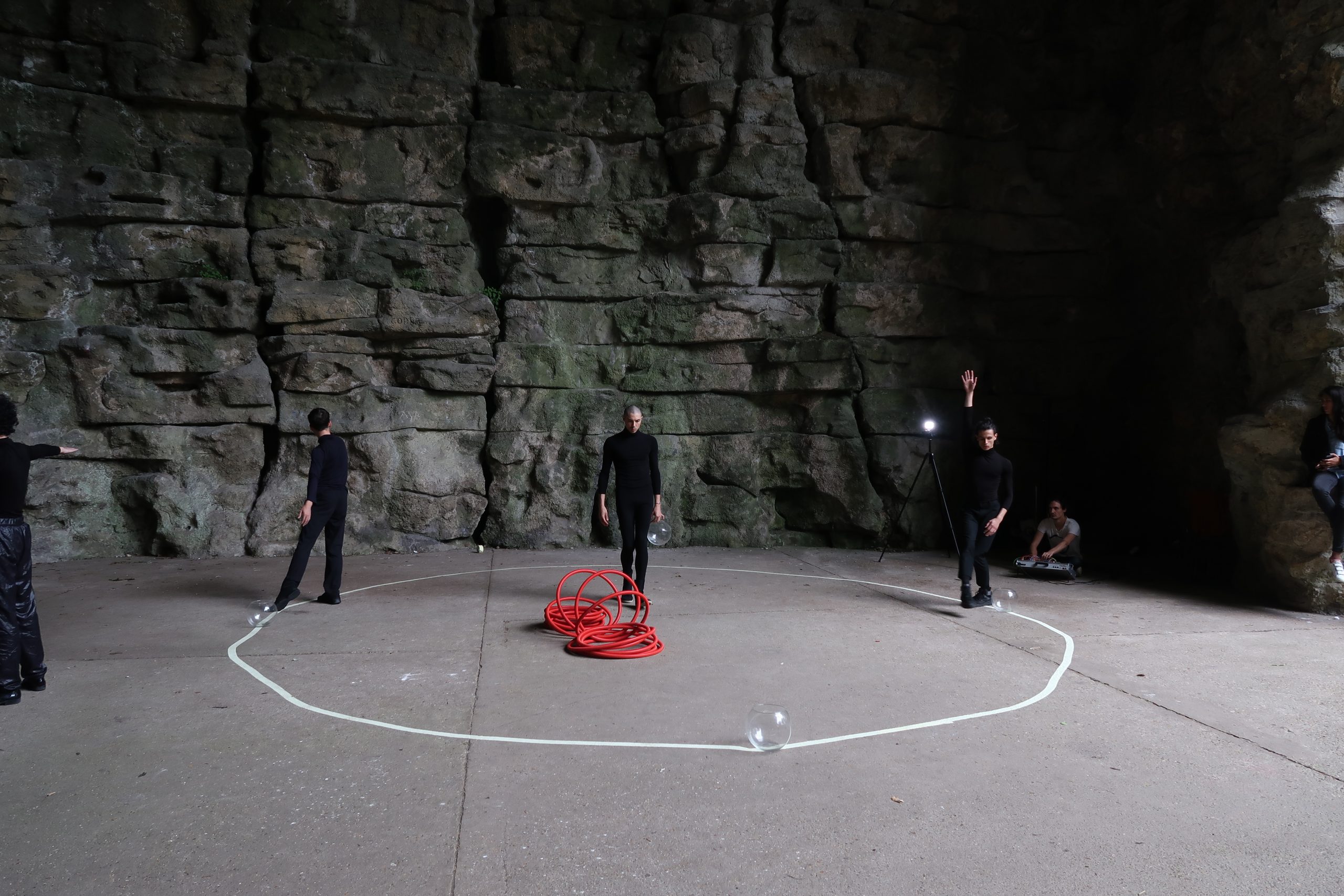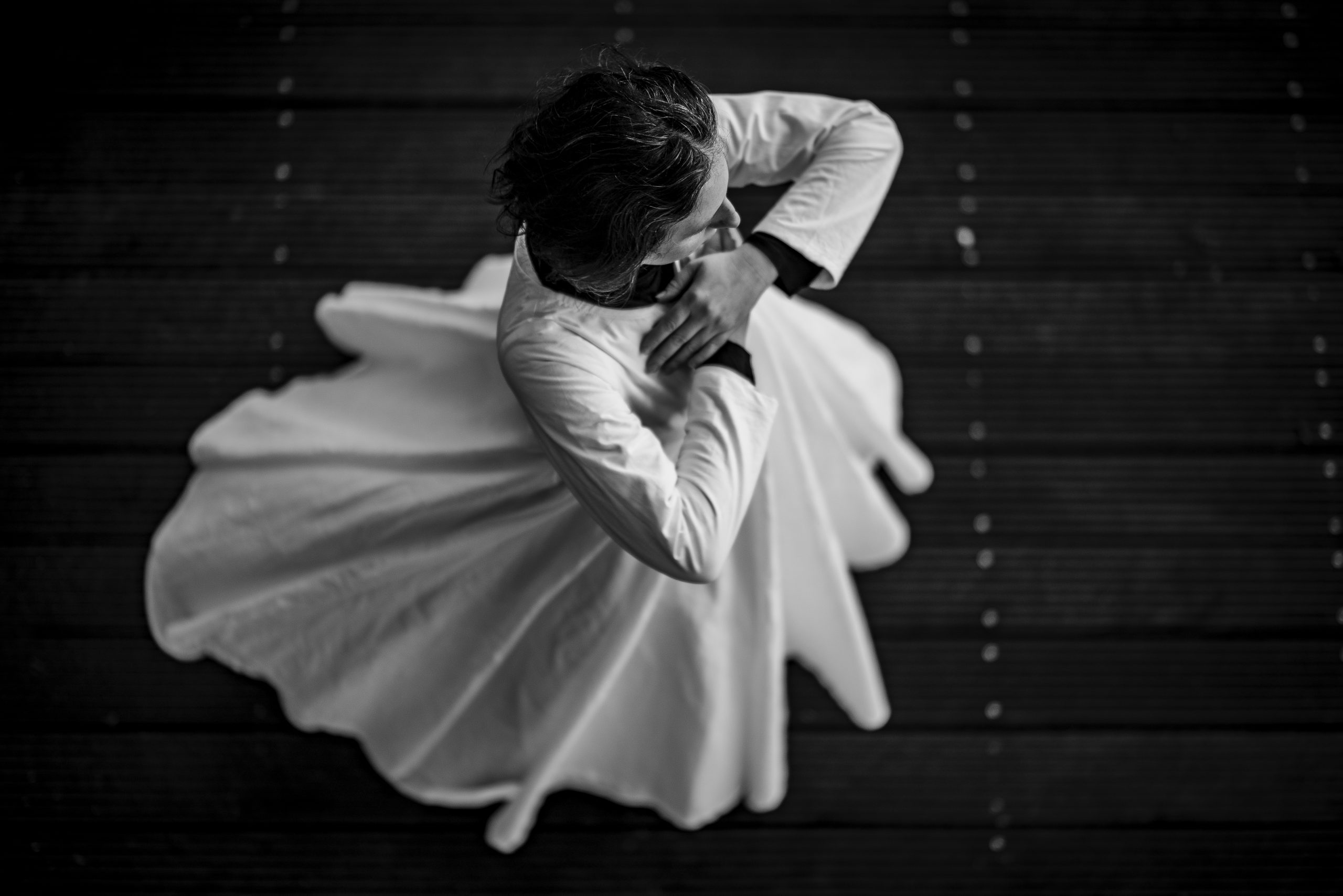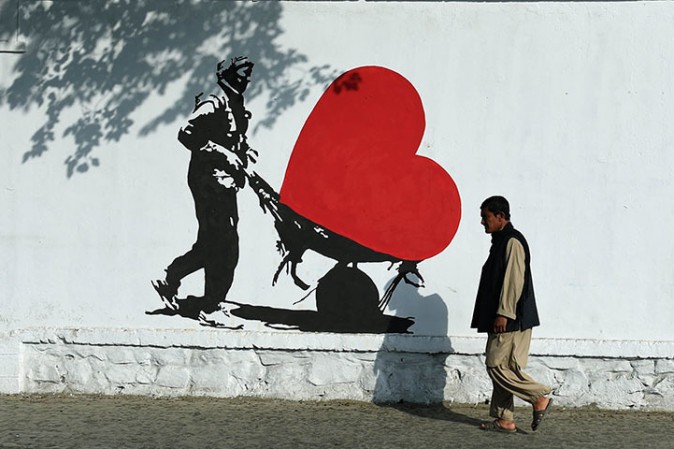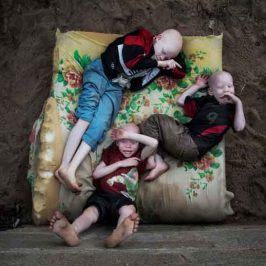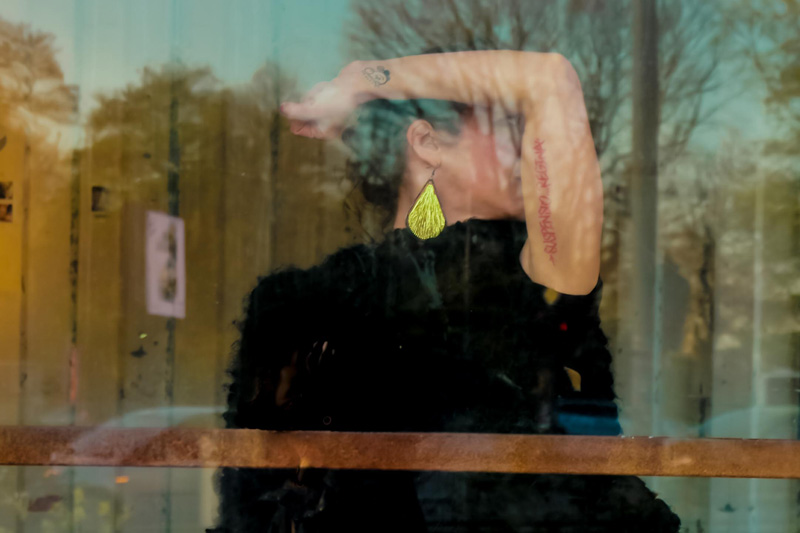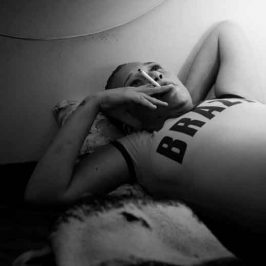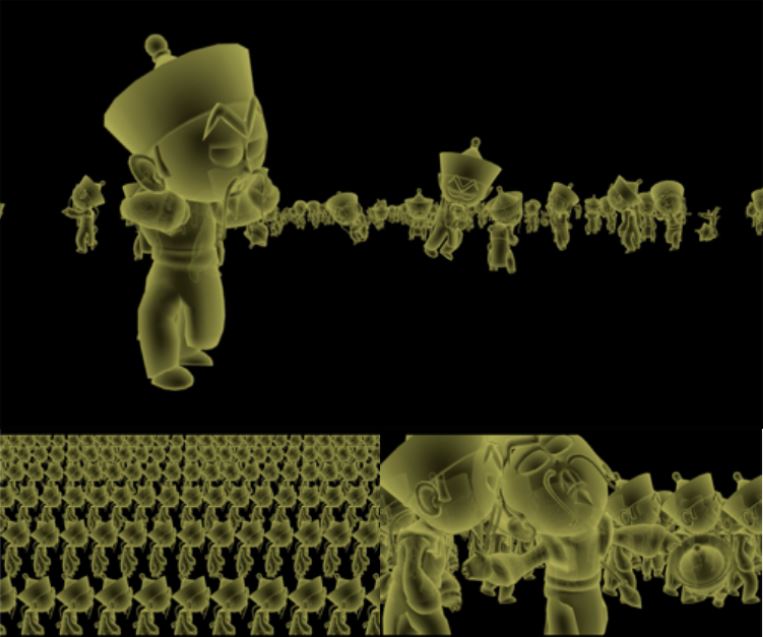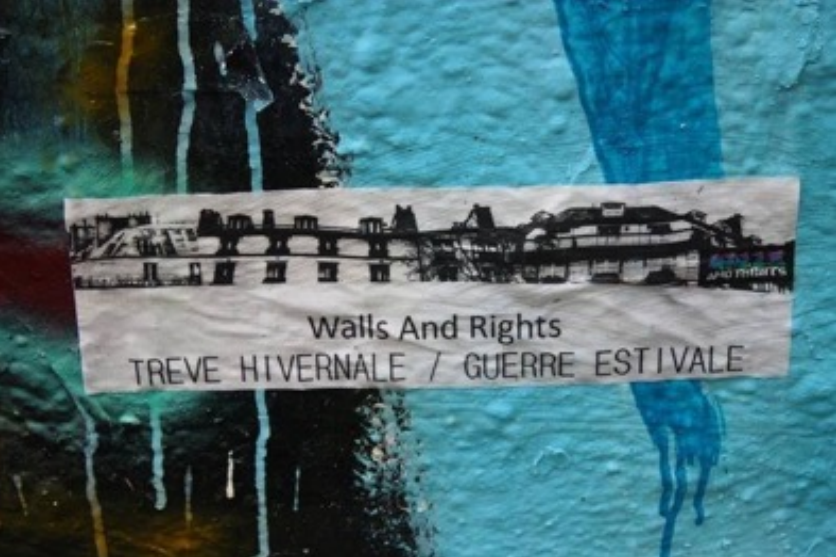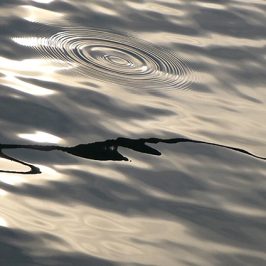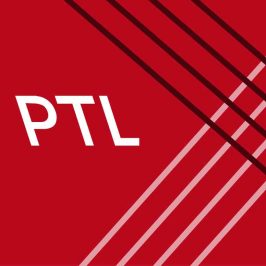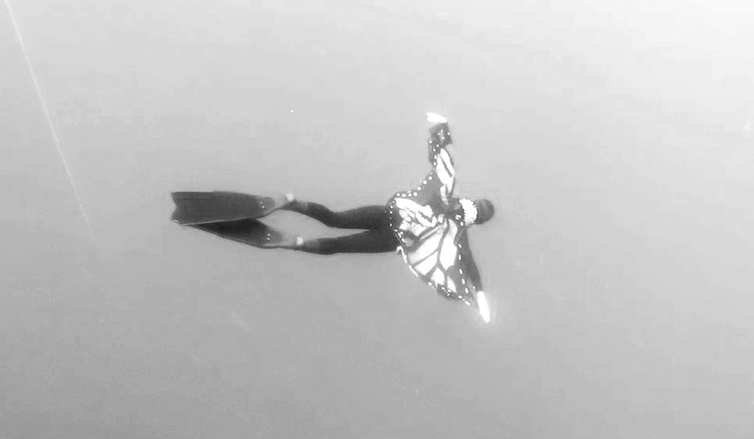Les Inachevés gave the patients of the transcultural counselling the opportunity to experiment a creative methodology based on three stages:
The first consisting of a discussion around a photo with an object chosen by a participant; this object is charged with meaning in their history and journey. The person says a few words about it.
The second involves an exchange, based on games, sketches and little stories: There is… I remember… Now…, any of these beginninsg to be completed by the partaker; it is an invitation to remember simply through songs and words.
The third is the implementation of forgotten gestures.
For this workshop, The Inachevés team was composed of two to three people: a photographer, João Bulcão, who took photos and filmed; a dancer, Francis Viet, who interviewed and encouraged the people to remember the forgotten gestures; and Jacques Prunair1, playwright, was there on the first day.
The work took place in the transcultural counselling office for the photos and exchanges, and in the courtyard of the St-André hospital for the forgotten gestures.
«This film, this journey, says Moise Touré2, is the premise of the project we are carrying out today, entitled Hospitalité: fabrique d’humanité.
The ingredients of this project are at the heart of our reality today:
-Hospitality and humanity (welcoming the other, acting in solidarity, offering shelter and protection, entering into conversation)
– Hospitality and habitability (ecology, citizenship, diversity)
-Hospitality and tragedy (how to face the challenges of the world?)
This shows just how much this project has been essential in our way of understanding societal issues through art and which allows the artist, in the same mouvement, to be both a society and a work of art.»
I was there, welcoming everyone, escorting them home, and being an attentive witness to the movements and changes.
Let’s take Mrs. M., an adult woman, wrapped in a cloak of sadness, trembling as usual in our meetings, speaking hesitant French.
Mrs M. lends herself to the photo exercise, against the background of a white curtain, an improvised place in this brightly coloured office. She pauses and smiles, raises her arms. She has forgotten the object, but describes it to us: it is a photo of her grandmother who lived through the Armenian genocide.
«I remember… go on» says Jacques, one of the members of Les Inachevés, gently.
-I remember my grandma, my mother, many tears, my father, my child that I lost. I remember everything my grandmother told me as if it had happened to me.
-Now, says Jaques, continue..
-Now there is joy and worry, memories, kindness, pain.
-Who are you?
-I am a human being, the mother, the daughter.
-Describe a day, continues Jaques
-I sleep little, I prepare the meal for my son who is waiting for me.
-Your itinerary? he asks
-Azerbaijan, Russia, France
-I’ll tell you some words and you can tell me what they evoke for you, says Jacques
-Emotion: I cry a lot, the memories suffocate me. Hope: it still exists. Fear : always fearful. Unhappiness : the impression never leaves me, imprinted in my soul. Happiness : once in my life. Joy : rare. Tenderness : I feel it. Memory : gift. Country : France. Landscape : spring. Face : kind. Language : Armenian. Future: wonderful.»
Mrs M. will make a single forgotten gesture, the embrace with her missing mother, with the help of Francis.
Thus, about fifteen people lent themselves with sincerity, joy and sadness, to these exercises, which involved their memories, emotions and bodies.
I was a witness to their presence, knowing some of them from psychotherapy or from what my colleagues had told me. Their intimate story could emerge, as much as it could stay absent in appearance. The evolution from confidentiality to public speech is very touching to me: it marks the passage from intimate experience to testimony. Thus, some of the participants told of the actions of which they had been the victims, or the moments in their lives when they were in danger. They also recalled their encounters with the care team.
Memory could be hard to summon, stricken by absence. Is it necessary to have a perspective of the future to be able to talk about oneself in the past? What struck me was the intensity of childhood memories for some, the affirmation of a continuing hope despite an “undocumented” life for others, in other words, the expression of a struggle against erasure. “This life is hope”, says O. “I am a person, alive, I am a human being, I am a man”, they often say, as if, in the face of their social relegation, this had to be forcefully recalled.
The importance of the mother tongue is a treasure within oneself, tied to memories of one’s family and childhood, a soft language that does not hurt, “without language, we don’t understand each other, it brings war”, said a partaker who knew a lot about war, “language saves us, but it can also kill”, said another, whose child had stopped speaking following a very serious event. Often, they expressed their sensitivity to the kindness of others, the help received.
The work on forgotten gestures was the most dazzling to me, a discovery or rather confirmation of the existence of a body memory.
In the hospital, where men in white meet, where bodies lying are kept alive by syringes, where people pass each other for years without ever saying hello, where suffering bodies are hidden in the silence of their rooms, we watched:
- a woman running down the corridor and dancing like a child
- a man dancing like a slammer, pirouetting like suns, and violas like sprays of light
- a man sucking his thumb and scratching his nose
- a woman with her arms in the air, her fingers curled, doing a folk choreography
- a man climbing trees, playing hide and seek and marbles
- a woman flying over her trip, and stamping her feet on the ground
- a woman dipping her bare feet in the water of the pool
- a man and a woman in a couple, who, like high school students, were laughing, holding each other by the waist, the woman running her hand through the hair of her newfound lover.
Men in white came up to me to ask what was going on, watching for a pause as a strange or childish ballet evolved. Other patients sat watching.
Moise Touré, a “cultivator of thought”, values what he calls a “mixture, a magma”, because that is what life is all about: a continuous cycle of rearrangements. He himself comes from different universes, and has no longing for a fixed identity. His vision, meant to share emotions through words, body and gestures, has been a success for almost everyone experiencing it, here in Mana.
One might say that this proposition revealed poetics of the body, in the footsteps of his artistic adventure around the world, where fragments of words and phrases, laughter and tears, cruel and happy memories. There appeared the ingredients for the traces of the memory of men and cities.
This experience, like others previously organised taking place through artistic workshops (the painting workshop, the dance workshop, the writing workshop…) was a life experience, a precious opportunity to (re)discover oneself after the harshness of migration and violence suffered by some; an opportunity to feel (even in silence) that one is alive and an opportunity to leave a trace. This is all the more moving as many of the participants are living in exile alone, sometimes without administrative status, carrying their memories and past in the only place they have left: their bodies! So, I would like to express my gratitude to Moise Touré for this shared moment of fleeting poetry captured by João’s camera and orchestrated by Francis and Jacques.
Text by Claire Mestre [Psychiatrist-psychotherapist and anthropologist, head of the transcultural
consultation of the Bordeaux University Hospital, and President of the Ethnotopies association]
1Bookseller, publisher, man of the theatre, he died in Paris on 22 August 2019.
2Director, project designer and artistic director of the company Les Inachevés – Académie des pratiques artistiques partagées.
